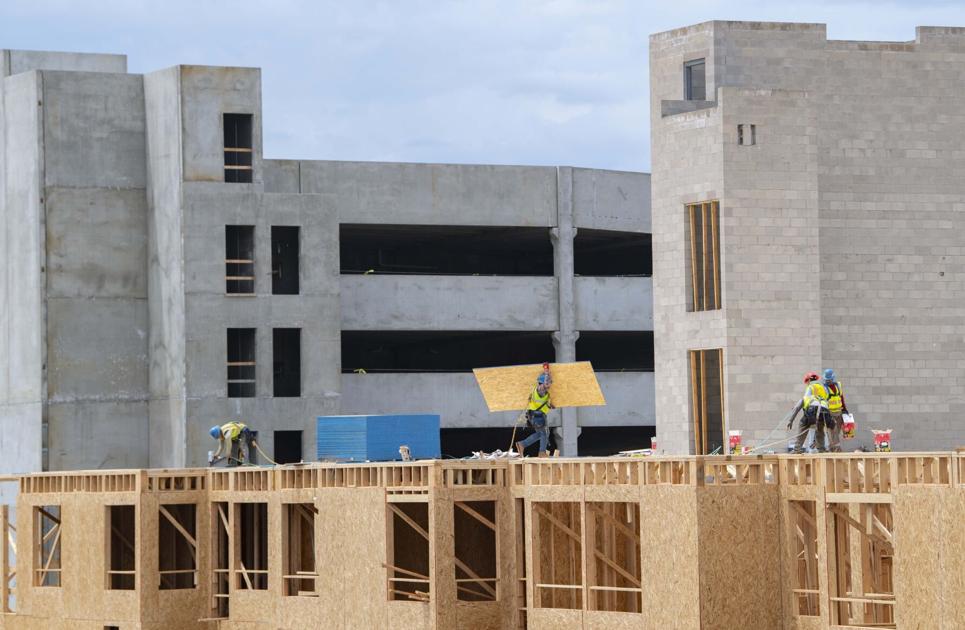The Colorado Springs City Council critiqued how the city staff proposed spending $76 million in federal coronavirus relief aid on Monday, calling for more funding for affordable housing, but largely supported many ideas to fund infrastructure and economic development.
Councilwoman Nancy Henjum was among several board members who asked city staff members for additional ideas on how to use funding coming from the American Rescue Plan Act to support affordable housing and called them to be open to new projects, such as land banking.
“What are the tools that we’re not using? … We still have a housing crisis,” she said.
Community Development Division Manager Steve Posey said the city has received $111 million to address community housing needs through regular federal spending, federal coronavirus aid funds and private activity bonds that support development. A large portion of that money includes $76 million in private activity bonds received from 2019 through this year that have been allocated to developers to fund dedicated affordable housing projects that serve residents based on income.
All of the city’s housing programs helped 47,842 people last year, through rental assistance, the city’s coronavirus isolation shelter and funding renovates homes for low-income seniors, among initiatives.
All of the affordable housing units under construction or in the planning stages, are expected to provide about 2,000 homes, Posey said.
The city is also working on a long-term plan for additional shelter space and permanent supportive housing project that could be built at Dorchester Park close to the Springs Rescue Mission and near a new walk-in clinic that Peak Vista Community Health Centers is planning at the corner of Tejon and Las Vegas streets.
“This is a good location at this point to move forward with a bold, transformational vision for addressing homelessness and housing,” he said.
Still, councilmembers pressed him for more than can be done to help address the need for housing across the community.
He said the city’s Continuum of Care, which includes nonprofits, housing groups and others, is working on identifying gaps in the community’s support system, but the results of the study are not ready.
Since housing initiatives and other specific pandemic recovery efforts have received significant funding, the city staff proposed using $76 million from the American Rescue Act on projects that have no other dedicated funding sources. For example, the city expects to spend $1.8 million on the city’s community centers. The bulk of that funding is expected to address the Westside Community Center’s roof, heating and air conditioning and safety issues, Chief Financial Officer Charae McDaniel said.
The city also expects to spend $2.5 million of the city auditorium’s deferred maintenance. Several councilmembers said they would support that funding whether or not grand plans for a full remodel of the building led by a community group come to fruition.
City infrastructure could also get a $26 million boost from the relief funding that would include $11 million in irrigation upgrades for city parks, golf courses and cemeteries, McDaniel’s proposal states.
Economic development projects could see $14 million, including $9 million for an incentive fund that Councilman Bill Murray critiqued for being overly broad.
Amid the multimillion dollar projects, Council President Tom Strand asked city staff to find some funding to support several smaller projects including fixing the monument to World War I and World War II veterans in Memorial Park and supporting a career program the Housing and Building Association runs in schools, among others.
A few council members backed his request to repair the memorial.
This content was originally published here.

